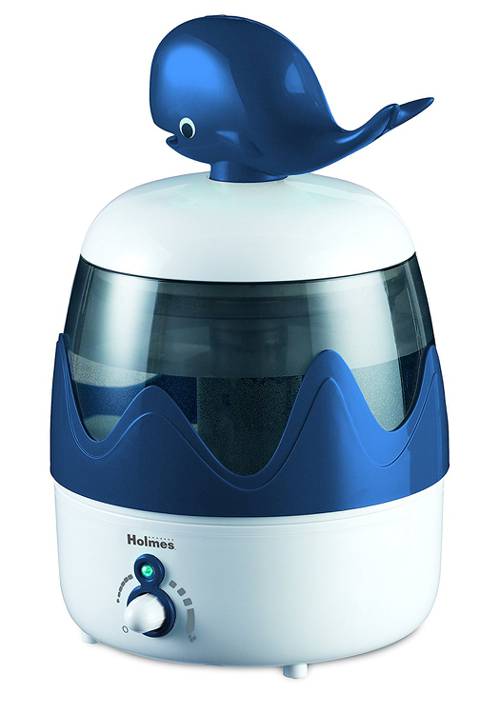
FAQ About Indoor Plant Aroma Therapeutic Applications

What are indoor plant aroma therapeutic applications?
Indoor plant aroma therapeutic applications involve using the natural fragrances emitted by plants to promote health and well-being. This practice can include relaxation, stress relief, mood enhancement, and even improved concentration. The aromas from certain plants are believed to have properties that can positively influence our mental and emotional states.

Which indoor plants are most effective for therapeutic aromas?
Some indoor plants known for their therapeutic aromas include lavender, rosemary, jasmine, and eucalyptus. Lavender is well-regarded for its calming effects, rosemary for enhancing memory and concentration, jasmine for its uplifting fragrance, and eucalyptus for its refreshing, menthol-like scent that can help with respiratory issues.

How does lavender help in relaxation and stress relief when used indoors?
Lavender is famous for its calming properties. The scent of lavender is believed to lower anxiety levels, reduce heart rate, and improve mood. This makes it an excellent choice for promoting relaxation and reducing stress in indoor environments. Simply having a lavender plant or its essential oil in a diffuser can help create a soothing atmosphere.

Can the aroma from indoor plants improve sleep quality?
Yes, the aroma from certain indoor plants can improve sleep quality. Plants like lavender, jasmine, and valerian have scents that are known to promote relaxation and help induce sleep. These plants can be placed in bedrooms to create a calming environment that may help with falling asleep faster and enjoying deeper sleep.

Are there any indoor plant aromas that enhance concentration?
Yes, indoor plant aromas such as rosemary and mint have been found to enhance concentration and cognitive function. The stimulating scent of rosemary is believed to improve memory retention, while mint can increase alertness and focus. These plants can be especially beneficial in home office settings.

How can jasmine aroma affect mood?
Jasmine aroma is known for its uplifting and invigorating properties. The sweet scent of jasmine is believed to help increase energy levels and improve mood. It is often used in aromatherapy to alleviate symptoms of depression and anxiety, making it a popular choice for creating a positive indoor environment.

Can indoor plant aromas help with respiratory issues?
Certain indoor plant aromas, such as eucalyptus, can help with respiratory issues. Eucalyptus leaves release a menthol-like scent that has decongestant properties. This can help clear nasal passages and ease breathing difficulties, making eucalyptus a beneficial plant for those with asthma or allergies.

Is there scientific evidence supporting the therapeutic benefits of indoor plant aromas?
While many testimonies and preliminary studies support the therapeutic benefits of indoor plant aromas, more comprehensive clinical research is needed. Some studies have shown that aromas like lavender can reduce anxiety and improve sleep, but the scientific community continues to explore the full effects and potential applications.

How can eucalyptus be used indoors for therapeutic purposes?
Eucalyptus can be used indoors by simply growing the plant or using its essential oil. The strong, refreshing scent of eucalyptus leaves or oil can act as a natural decongestant, helping relieve respiratory issues and enhance breathing. You can also use eucalyptus oil in a diffuser to disperse the aroma throughout the room.

What is the best way to enjoy the aromas of indoor plants for therapeutic benefits?
The best way to enjoy the therapeutic aromas of indoor plants is to strategically place them in areas where you spend a lot of time, such as living rooms or offices. You can also use essential oils derived from these plants in diffusers or simply crush the leaves to release their scent.

Do indoor plant aromas have any side effects?
While indoor plant aromas are generally safe, some individuals may experience allergic reactions or sensitivity to certain scents. It's important to identify any personal allergies beforehand, and consult with a healthcare professional if any adverse reactions occur. Additionally, plants or oils should be kept out of reach of pets, as they may be toxic.

Can indoor plant aromas be used alongside other therapies?
Yes, indoor plant aromas can be used alongside other therapeutic approaches such as meditation, yoga, or psychotherapy. Aromatherapy using indoor plant scents may enhance the overall experience of these therapies by promoting relaxation and focus.

How long does it take to notice the effects of indoor plant aromas?
The effects of indoor plant aromas can often be noticed immediately, especially when it comes to mood enhancement and relaxation. However, the longer-term benefits, such as stress reduction and improved sleep quality, may take a few days to weeks of consistent exposure to be fully realized.

Are there specific times when indoor plant aromas are most effective?
Indoor plant aromas can be effective any time of day, depending on the desired effect. For relaxation and sleep induction, evening is the best time to enjoy scents like lavender or valerian. For focus and energy, morning or mid-day exposure to scents like rosemary or mint can be beneficial.

What is the role of essential oils in indoor plant aroma therapy?
Essential oils play a significant role in indoor plant aroma therapy, as they are concentrated extracts from plants that retain their natural fragrance and therapeutic properties. These oils can be used in diffusers, baths, or directly applied to the skin (with proper dilution) to enhance the aromatic experience and benefits.

Can indoor plant aromas help during meditation or yoga?
Yes, indoor plant aromas can significantly enhance meditation or yoga practices by creating a calming and focused atmosphere. Scents like lavender and sandalwood are commonly used to promote tranquility and concentration, helping individuals deepen their meditation and yoga experiences.

How should indoor plants be cared for to maintain their aromatic benefits?
To maintain the aromatic benefits of indoor plants, ensure they receive adequate water, light, and nutrients. Regularly prune them to encourage healthy growth and enhance their fragrance. It's also crucial to check for pests and soil health, as these factors can affect the plant's ability to thrive and emit aromas.

Can using indoor plant aromas affect productivity at work?
Yes, certain indoor plant aromas like rosemary and lemon can enhance productivity by increasing alertness and concentration. Integrating these plants or their essential oils in a home office area can potentially lead to improved task performance and a more pleasant working environment.

What are some common misconceptions about indoor plant aromatherapy?
One common misconception is that all plants are equally effective in aromatherapy, but only specific plants with particular scents have therapeutic properties. Another misconception is that plant aromas can replace medical treatments, which is not the case. While they can complement treatments, they are not substitutes for professional medical advice and intervention.

Is it necessary to use a diffuser for indoor plant aroma therapy?
Using a diffuser is not strictly necessary for indoor plant aroma therapy, but it can enhance the distribution of scent in the room. You can also experience benefits by directly smelling the plants or oils, using sachets, or simply placing plants where you spend most of your time to enjoy their natural fragrance.
